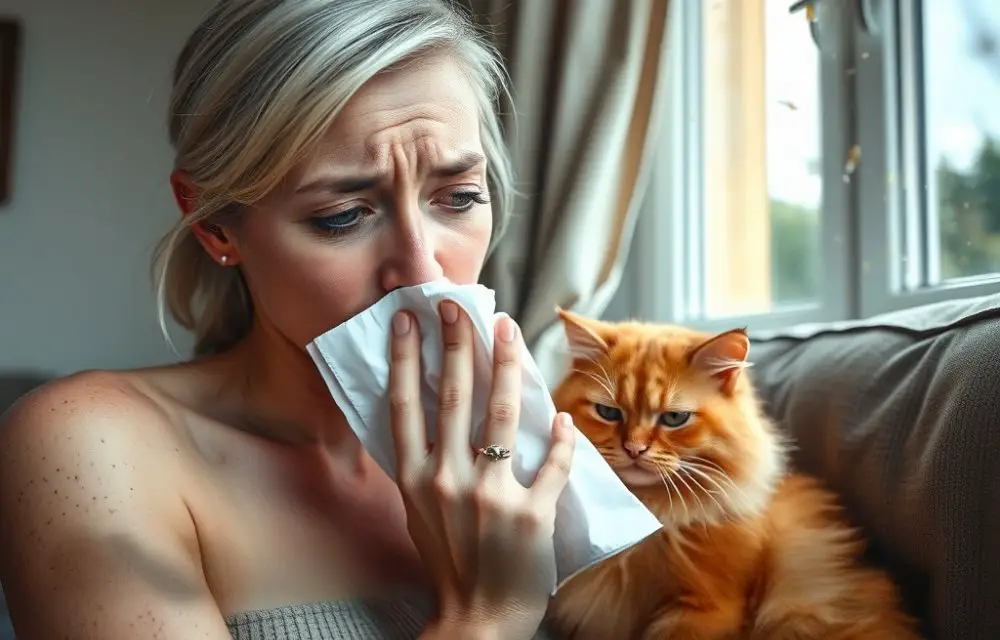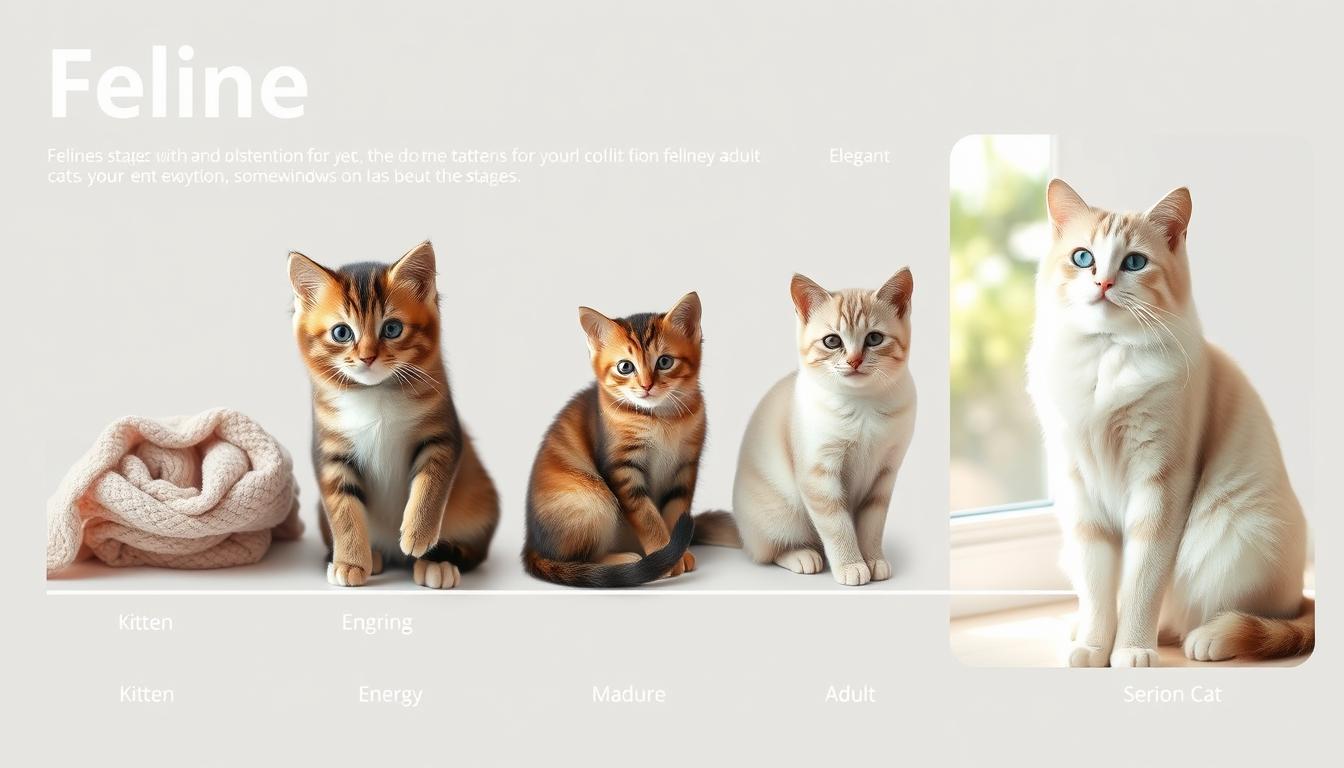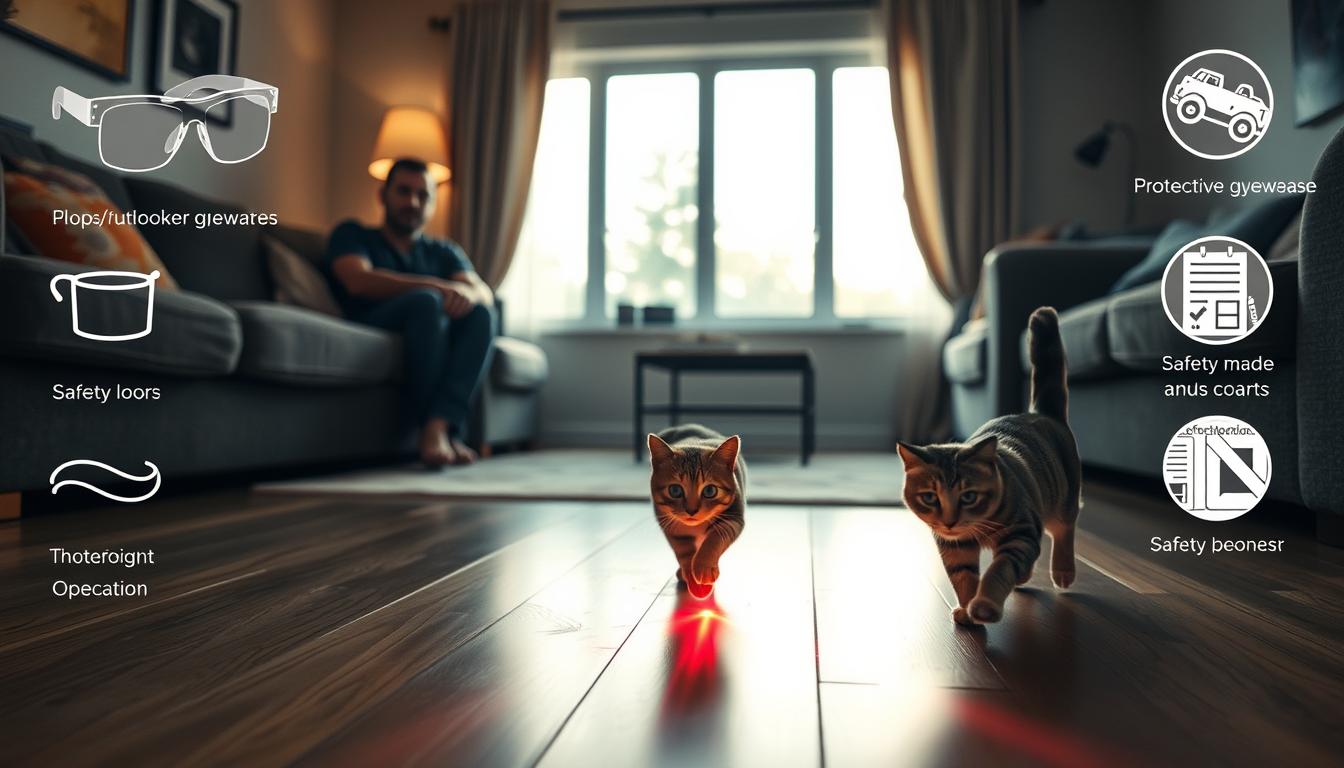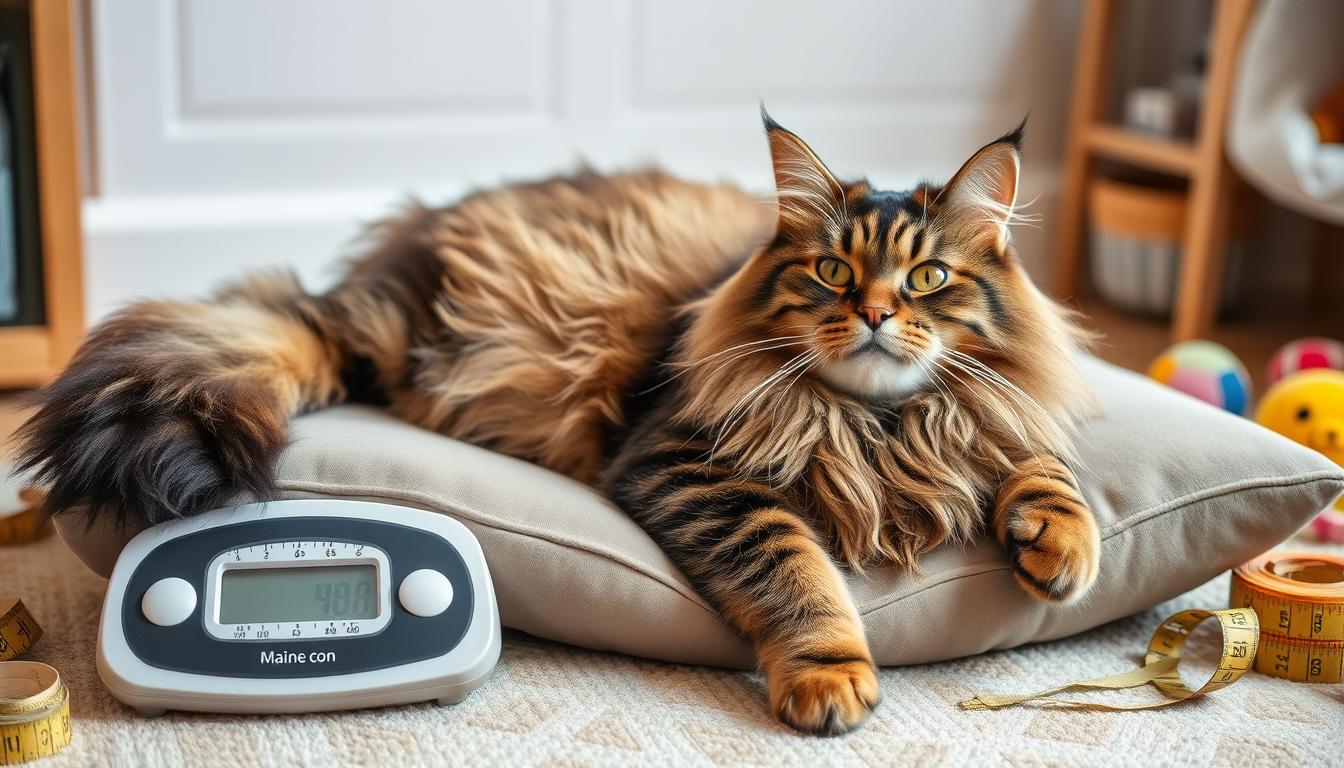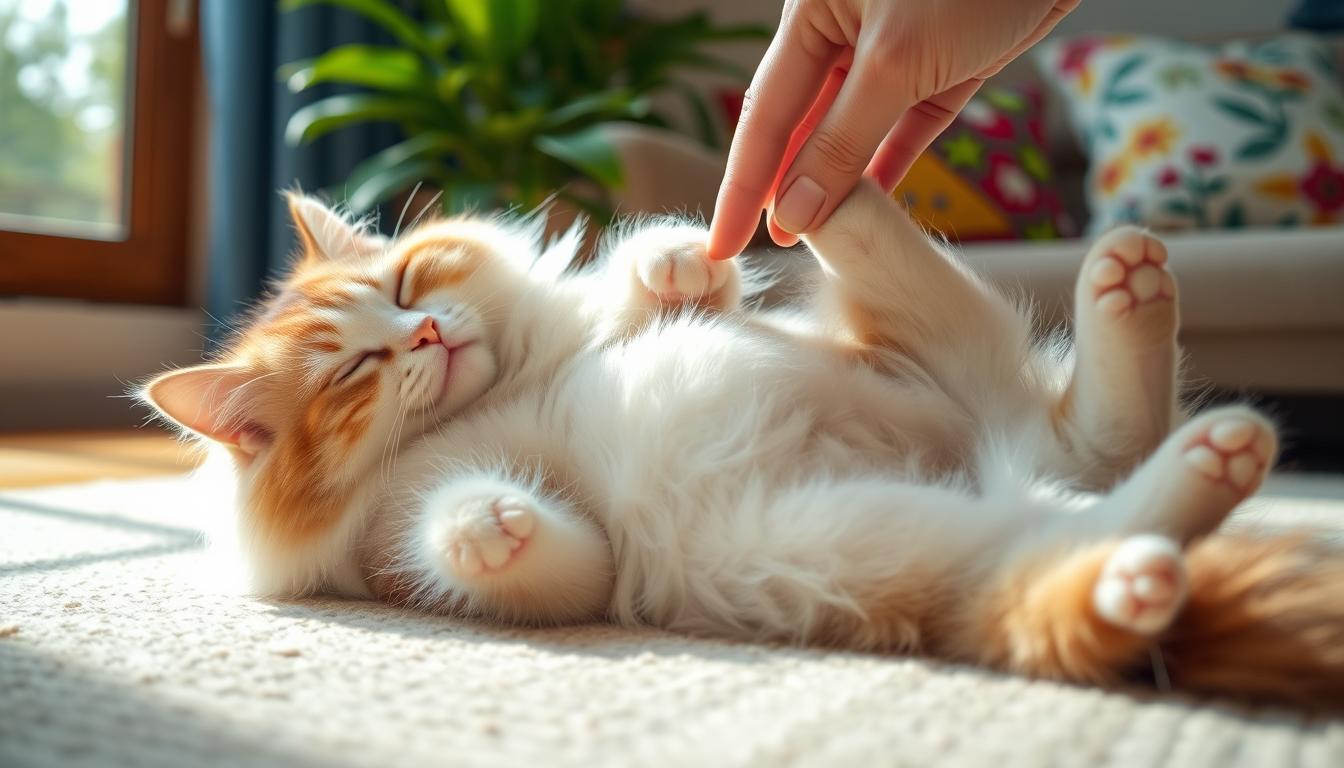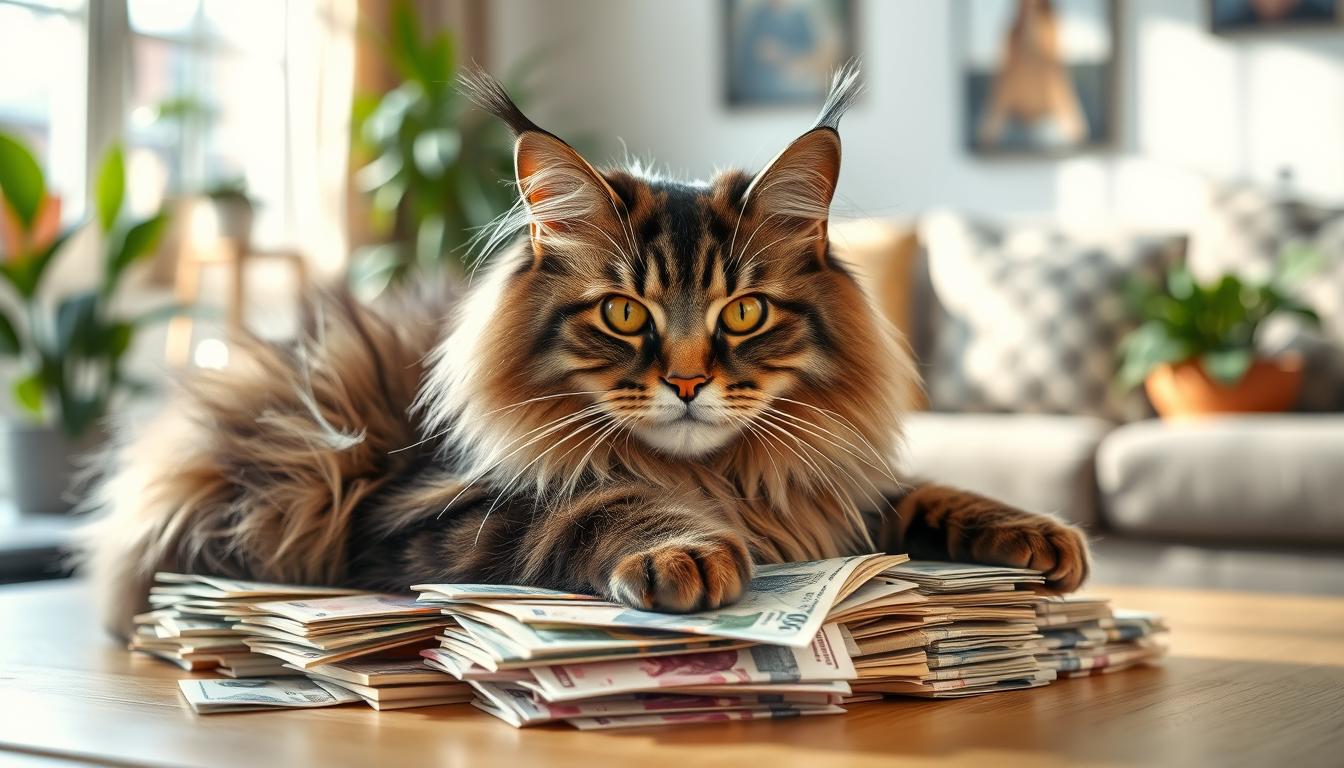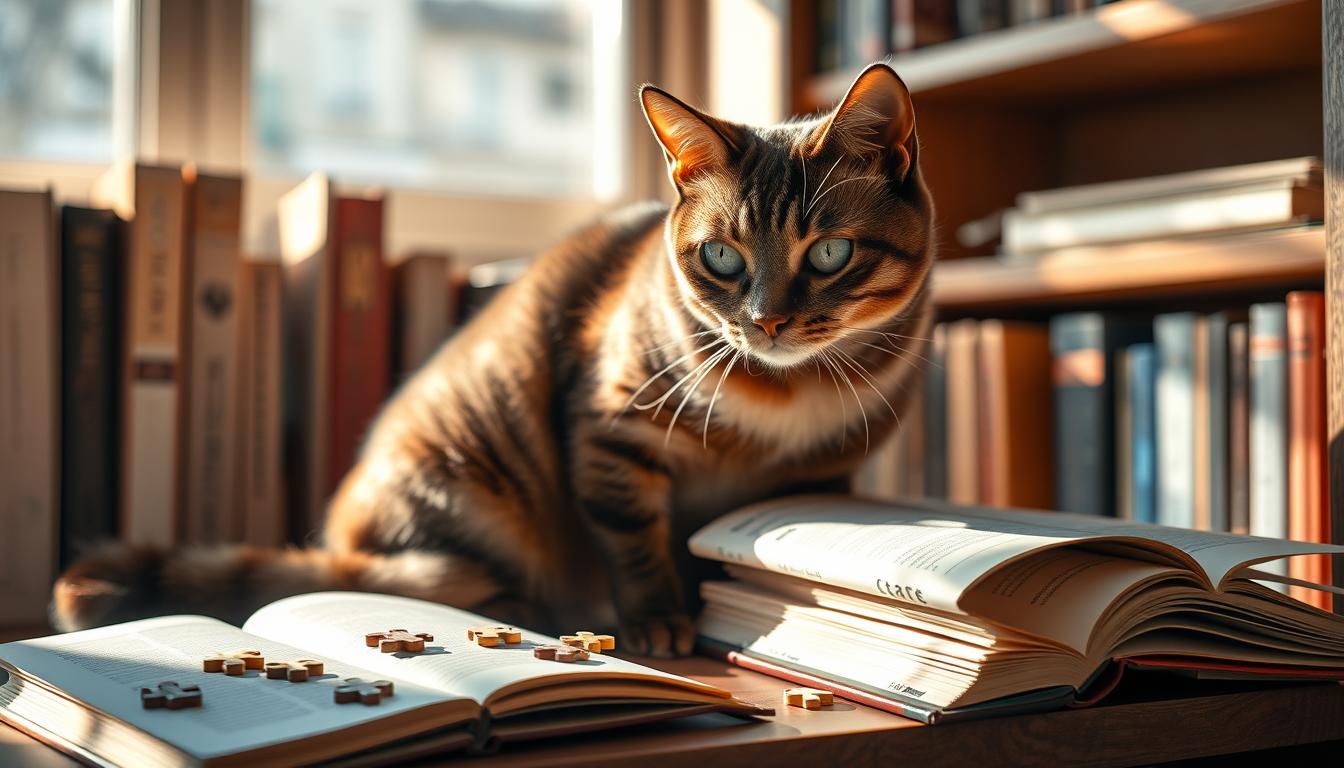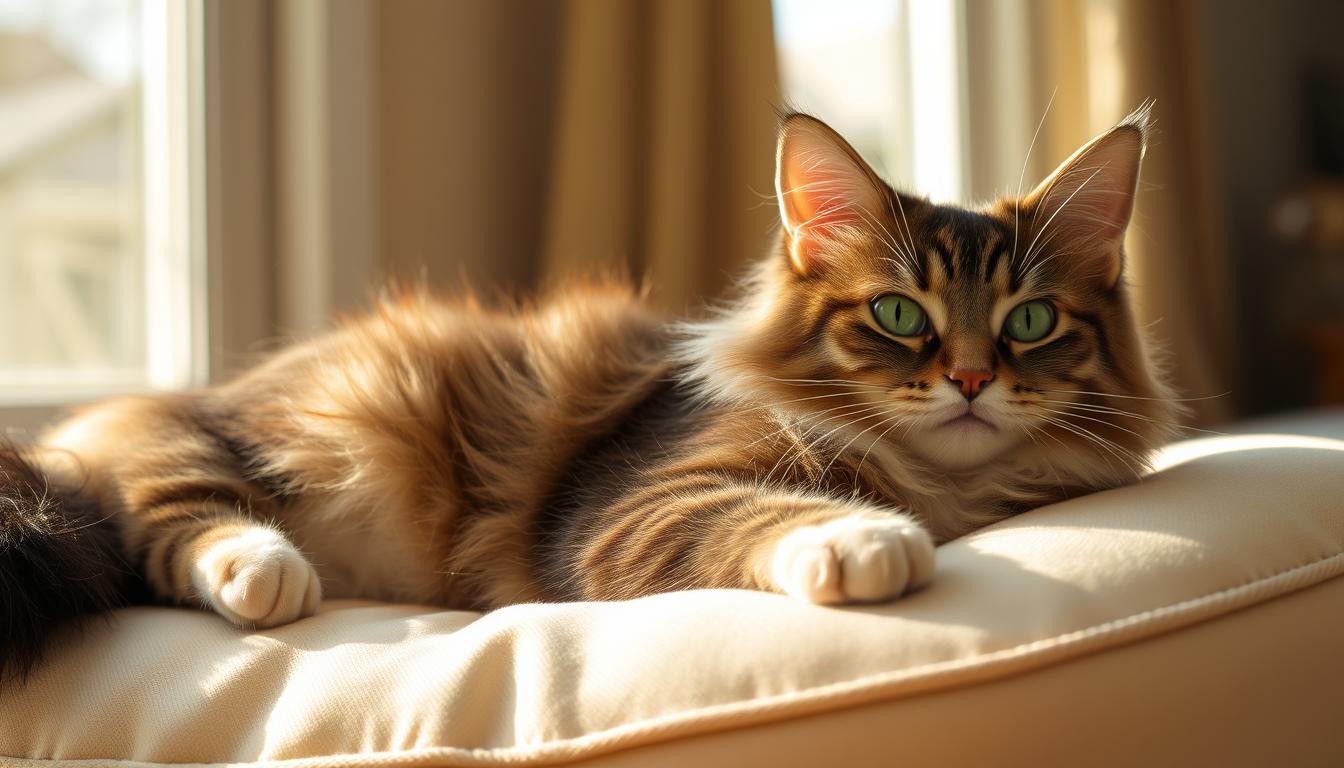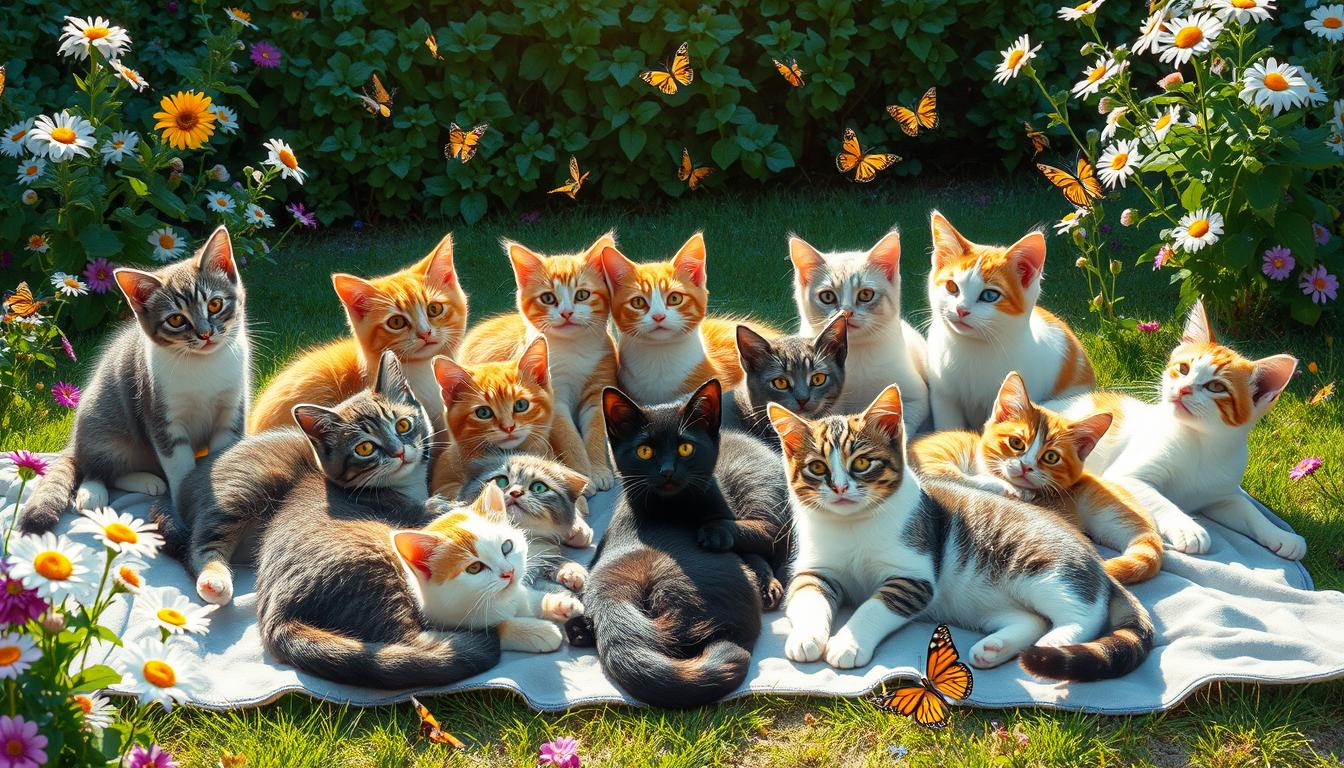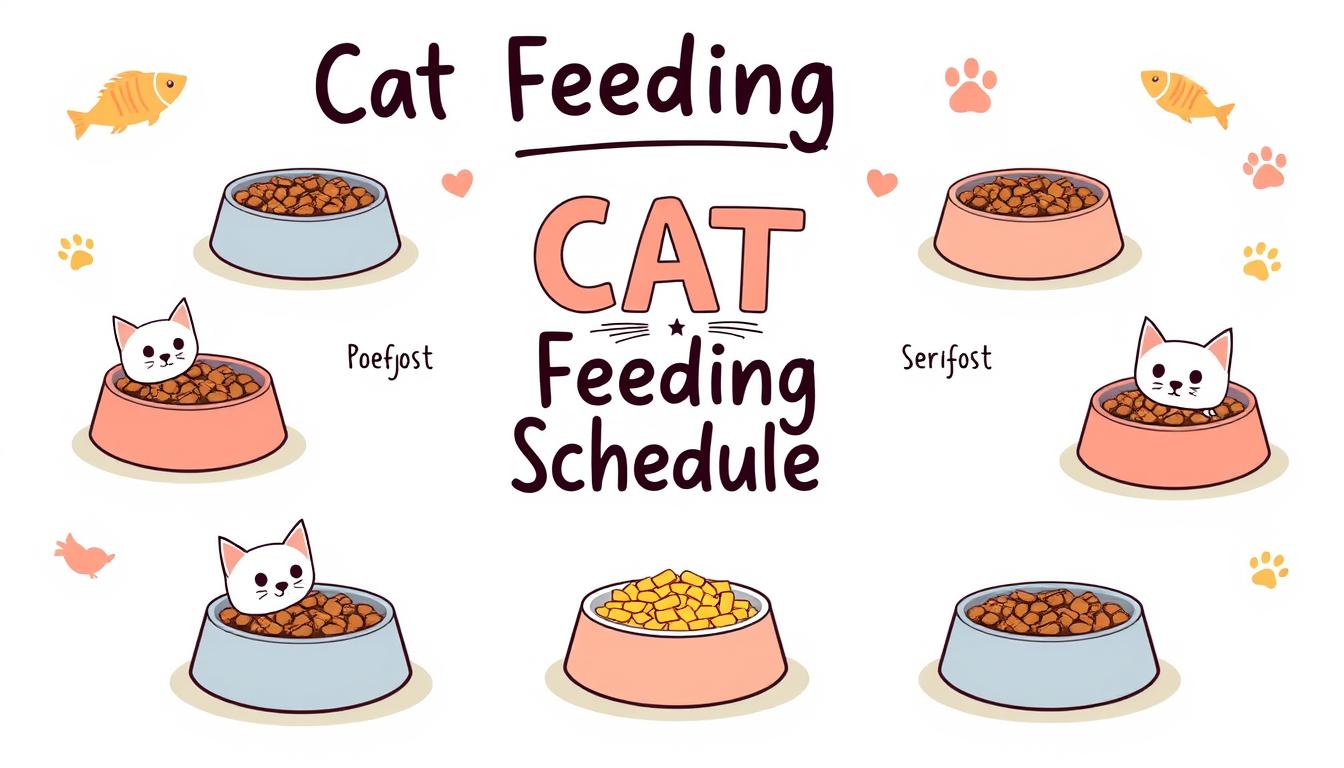10 Shocking Allergy to Cats Symptoms That Will Make You Question Everything
Are you a cat lover who can’t seem to shake that persistent sniffle? Or perhaps you’ve been experiencing mysterious symptoms that you can’t quite pin down? Brace yourself for a whisker-raising revelation: your feline friend might be the culprit behind your discomfort. While most people associate cat allergies with sneezing and watery eyes, the …
